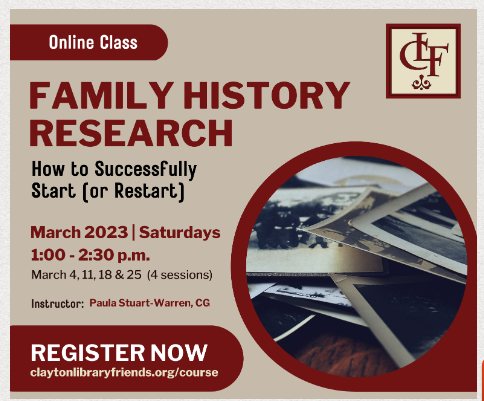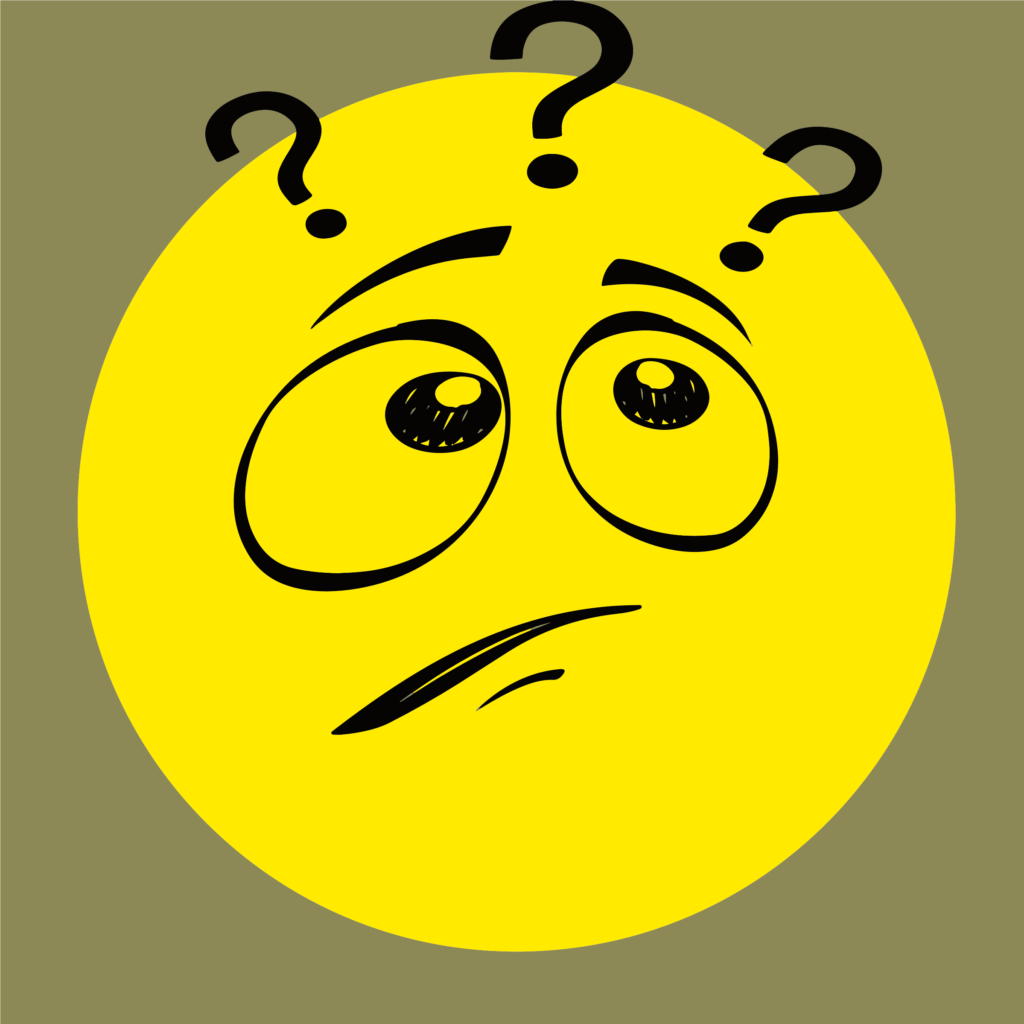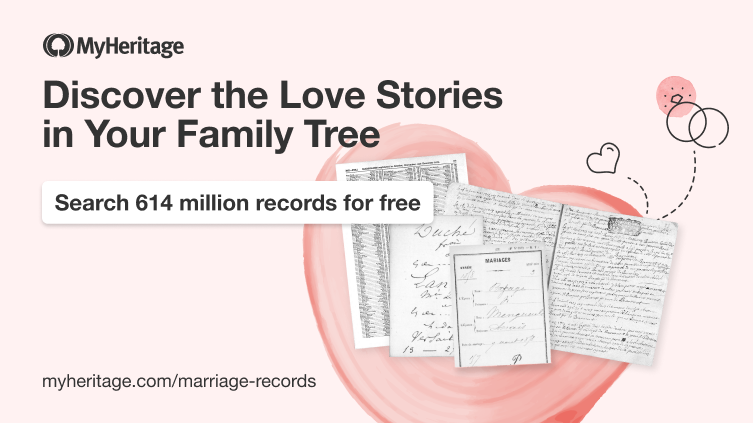The preservation of and access to historical records cannot be understated. It is imperative for historians, genealogists, legal proceedings, Native American tribes, universities, community history, authors, reporters, students, medical reasons, and the list can go on and on from there.
If records continue to be
- hidden away,
- access limited by selective hours,
- having to wait years for receipt of records ordered (and usually at a high cost)
- and having outrageous fees connected to obtaining copies of records . . .
it means we need to speak up, share why the records are important, understand that some costs are understood, and let the record keepers know what their hindrances are causing. We need to make our city, county, state, province, and federal officials know about the reasons for access and what problems keep rising up. Historic records need to be transferred to official archives at all government levels and the opened for direct access.
In the U.S. we are faced with another dilemma detailed below from the Records, Not Revenue website:
“On 4 January 2023, U.S. Citizenship & Immigration Services (USCIS) proposed substantial increases to the fees required to access historical records held by the USCIS Genealogy Program. The proposed hikes are especially infuriating, given that many of these records should already be publicly and readily available at the National Archives.
In 2020, USCIS lost an attempt to hike fees to access these same records. They have again proposed a new method for providing some previously digitized records to researchers, claiming it will improve efficiency. However, any record that has not been previously digitized – which includes millions of files for millions of individuals – will cost 269% more than it does now. USCIS provides no clarity on which files are considered “previously digitized” and which exist only on paper – leaving customers in the dark, wondering what they will be charged to access historical records.
USCIS Genealogy Program requests this audacious fee hike at a time when the wait for paying customers to receive records is at an all-time high. The program continues to demonstrate an inability to provide efficient access to historical records, often stating they are unable to locate the documents requested. There is no transparency in how the program operates. Raising fees will not fix the USCIS Genealogy Program.”
Please visit the Records, Not Revenue website to see how you can participate in staving off this unbelievable 269% fee increase. This is the direct link in case you prefer not to click on the bold link or with to copy and paste into your favorite search engine. https://www.recordsnotrevenue.com
We need to be sure the White House and Congress hear us. Let others know about this USCIS idiocy. Remember it’s not the only government, historical, or other entity that is holding records hostage by supposed privacy, age, cost, reduced access hours, or lack of staff. Excuses are not helpful.



